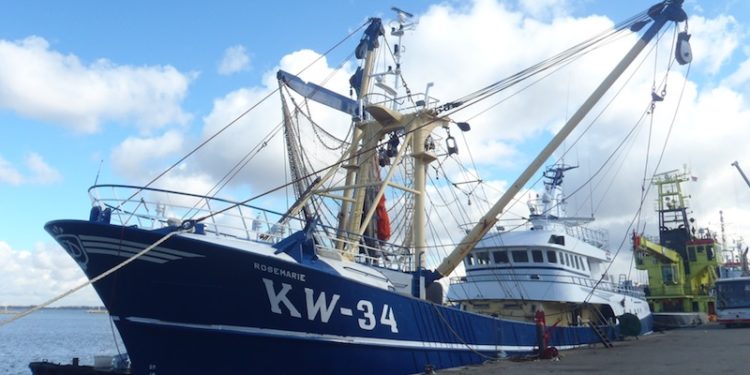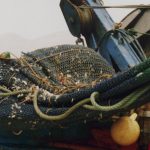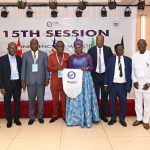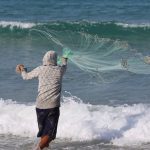Lies and emotion have beaten science, according to Dutch fishermen’s federations, adamant that eNGOs have deceived MEPs into ending a method of fishing the Dutch industry says delivers less by-catch, lower fuel consumption and reduced seabed contact.
The trilogue of the European Commission, European Council and European Parliament has reached an uneasy compromise that allows 42 pulse trawl licences to remain active until 2021, while 42 will be withdrawn this year. Research into pulse fishing can be continued after 2021 by six vessels.
The reaction from the Dutch industry has been immediate and furious, as fishermen’s leaders compare the decision to scrapping solar panels and going back to burning coal.
‘A ban on pulse fishing makes no sense,’ the federations state. ‘Fishing with pulse gear delivers what civil society demands; lower by-catch, lower fuel consumption and less seabed disturbance. These aims remain high on the agenda, but we have to stop using pulse gear.’
According to VisNed, de Nederlandse Vissersbond and EMK, pulse fishing has been shown to be the solution to many of the current issues, but evidence has been ignored by eNGOs and politicians.
‘It has been scientifically proven that we cut fuel by 46%, we fish more selectively, and the lighter gear means less seabed disturbance. And yet an emotional lobby succeeds in pulling the plug on innovation, which is incomprehensible,’ the federations state. ‘The European decision-making system has failed.’
In a last-ditch attempt to save pulse fishing, last year the federations wrote to Dutch Prime Minister Mark Rutte, calling on him to initiate a conversation with French President Macron and Commission President Juncker. More than 250 pulse fishermen and interested parties attended the Dutch House of Representatives to ask Prime Minister Rutte to pay attention during the weekly question time ahead of the impending ban on pulse fishing. There has been no reaction to the letter, and the Prime Minister was also absent from the House of Representatives – to the disappointment of the Dutch fishing sector.
Deputy Prime Minister and Minister of Agriculture, Nature and Food Quality Carola Schouten commented that he supports the fishermen and will continue to fight for the future of Dutch fisheries, pledging to argue for a transitional period and funds to support innovation.
‘A transition period is only a sticking-plaster solution. The financial damage to the entire sector could amount to €200 million,’ the federations state.
‘In addition, we should not be thinking of innovation – when our work on innovation, supported by scientific research, has been trashed in response to a campaign based on emotion.’









